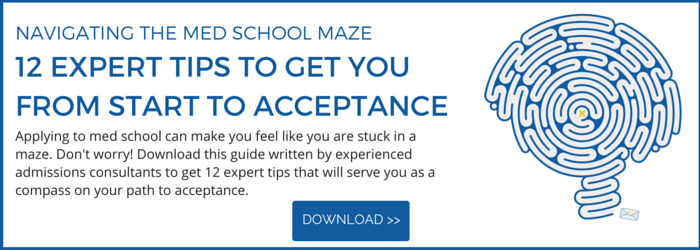U.S. medical schools that request the CASPer
The following programs request that applicants take the CASPer.
- Albany Medical College
- Central Michigan University
- Drexel University
- East Tennessee State University
- Florida Atlantic University
- Hofstra University
- Howard University
- Augusta University
- Medical College of Wisconsin
- Mercer University
- Michigan State University
- New York Medical College
- New York University
- Northeast Ohio Medical University
- Rosalind Franklin University
- Rutgers University
- State University of New York
- Stony Brook University
- Temple University
- Texas A&M University
- Texas Tech University Health Sciences Center
- Tulane University
- University of Colorado Denver
- University of Illinois at Chicago
- University of Miami
- University of Michigan
- University of Mississippi
- University of Nevada, Reno School of Medicine
- University of North Carolina
- University of North Dakota
- University of Rochester
- University of Texas Health Science Center
- University of Texas Medical Branch
- University of Vermont
- University of Washington
- Virginia Commonwealth University
- West Virginia University
It takes 90 minutes to complete the test, but you can take it anywhere as long as you have a computer and an internet connection. Schools are relying on the honor system to verify that the student assigned the test is the one actually taking it. Students who have taken it say that you have to “type fast” and that it involves “a lot of writing” in response to videos, images, and essay questions that flash across the screen. Many students have been asking me how they can prepare for such a test.
Tips for taking the CASPer
Months before taking the test
Here are two tips that you should already get started doing, month in advance of taking the CASPer.
- Write every day.
When I start working with clients, I challenge them to start writing every day by keeping a journal. Set a goal of writing three entries a week and then steadily increase it. In preparation for the CASPer, keep an electronic journal. If you are especially concerned with the speed at which you type, you can play typing games or time yourself regularly to increase your speed. - Work with a professional editor/consultant or tutor one-on-one.
The benefits of working with someone like me or one of my colleagues at Accepted include the fact that you will have a “personal writing coach.” I work closely with my clients in assisting them with outlines and editing drafts. I help them identify specific weaknesses to improve their skills. Each draft, their writing gets better and better. With time, they build confidence and the skills to skip steps to get to a more polished essay with less effort.
As the time nears to the day of the exam, you’re going to want to increase your practicing power. My main piece of advice here is this:
- Find practice problems and time yourself.
If you know that you struggle with writing under pressure, simulate the test conditions and time yourself with practice problems. The test questions are similar to MMI interview questions. The schools want to see how you think under pressure and how well you can problem solve. Demonstrate your thinking process in explaining each step you would take, depending on the situation they present you with. Don’t leave anything out. No detail is too insignificant. Cover all your bases by being thorough and methodical.
Alicia McNease Nimonkar worked for 5 years as the Student Advisor & Director at the UC Davis School of Medicine's postbac program where she both evaluated applications and advised students applying successfully to med school and other health professional programs. She has served Accepted's clients since 2012 with roughly a 90% success rate. She has a Master of Arts in Composition and Rhetoric as well as Literature. Want Alicia to help you get Accepted? Click here to get in touch!
Related Resources:
• The Importance of Teaching Leadership and Management in Med School, a podcast episode
• Teamwork in Medical School Admissions: How to Show You’ve Got It
• 7 Traits of a Competitive Medical School Applicant
This article was originally posted on blog.accepted.com.
Applying to medical school? The talented folks at Accepted have helped hundreds of applicants like you get accepted to their dream programs. Whether you are figuring out where apply, working on your AMCAS application, working on secondary essays, or prepping for your interviews, we are just a call (or click) away. Contact us, and get matched up with the consultant who will help you get accepted!
